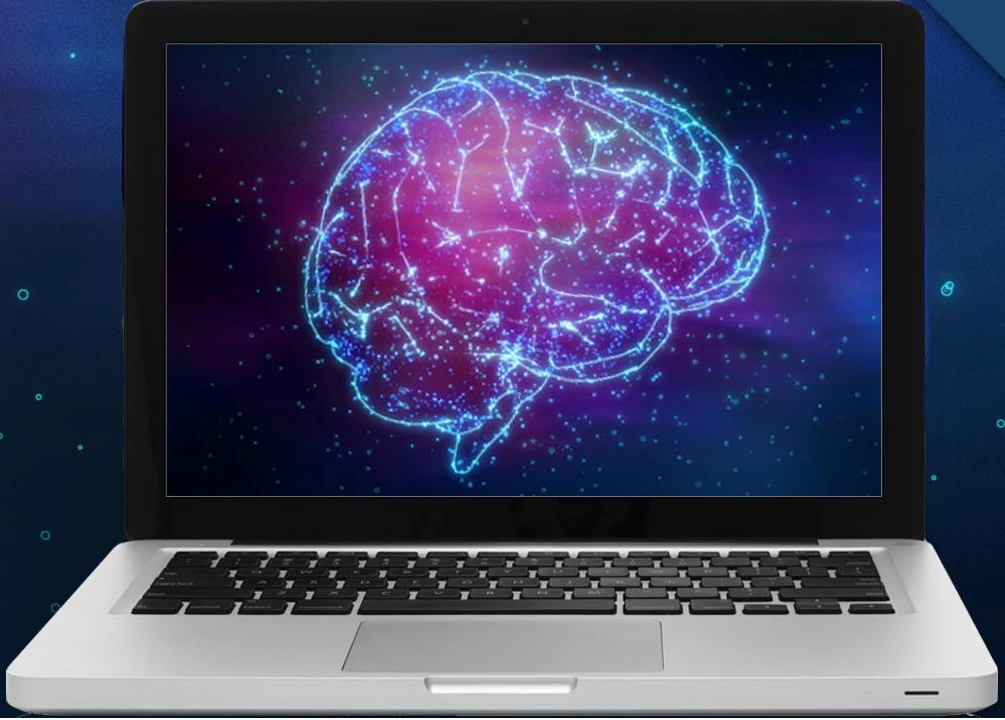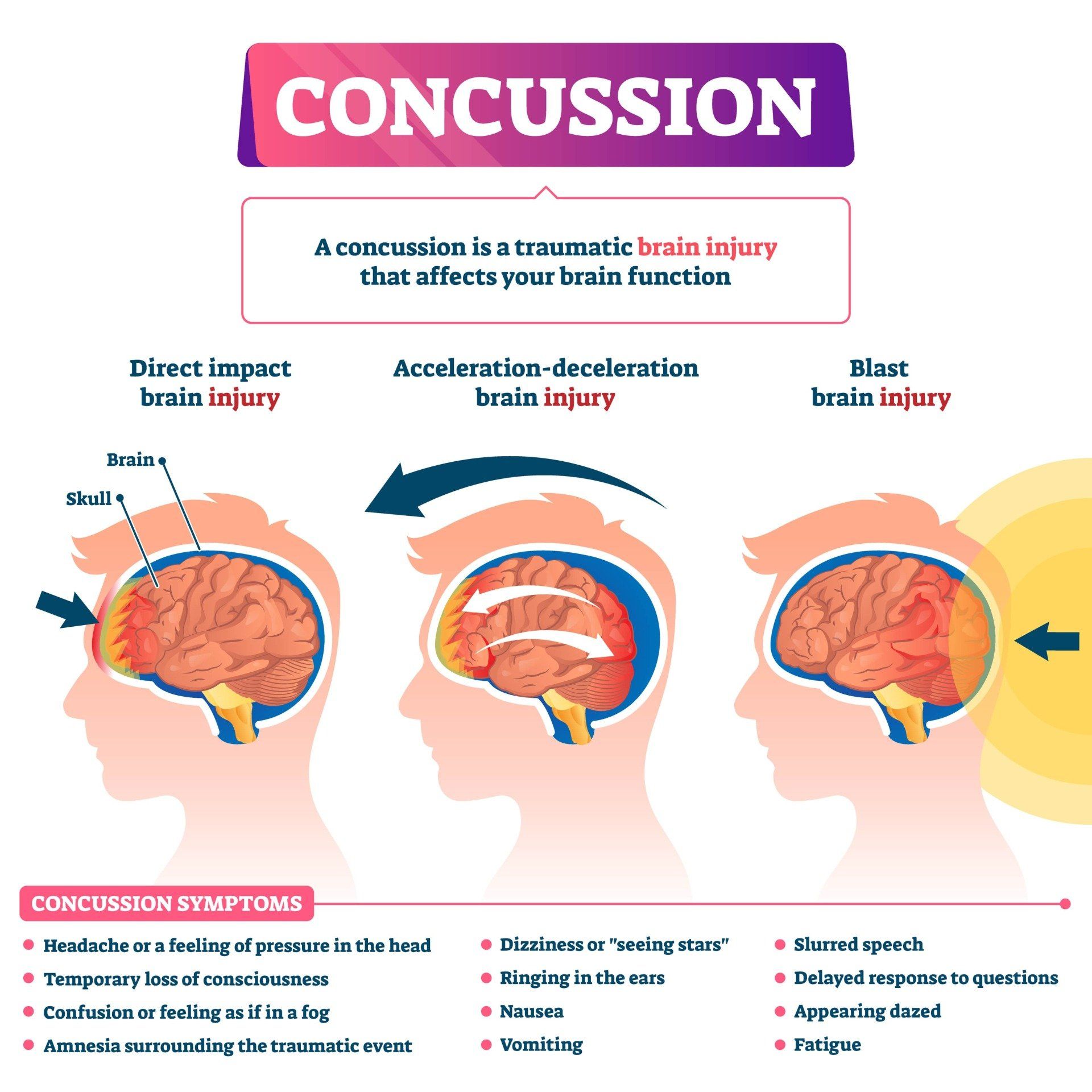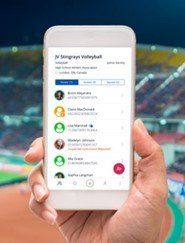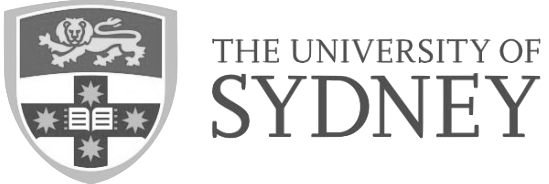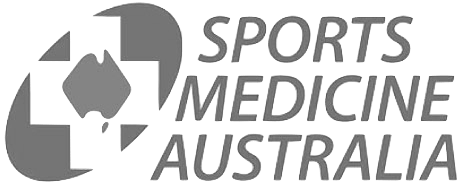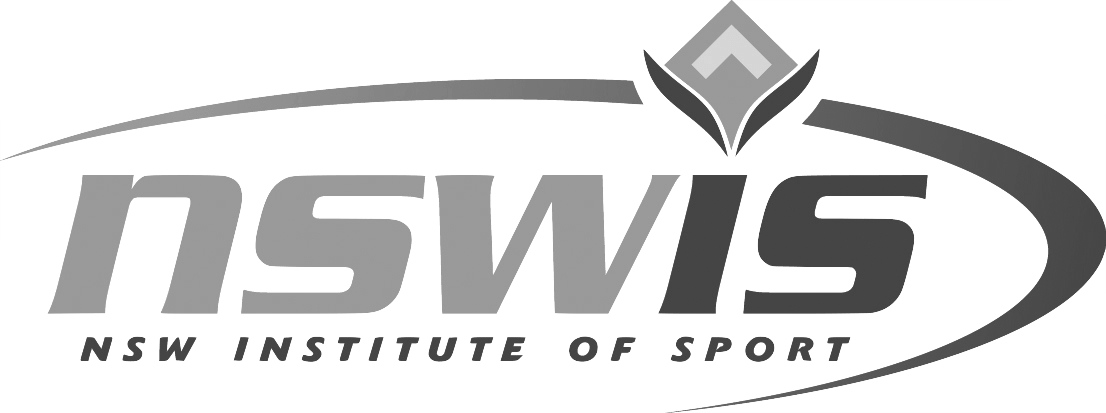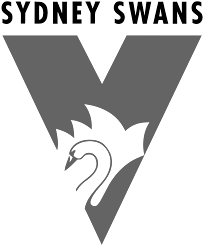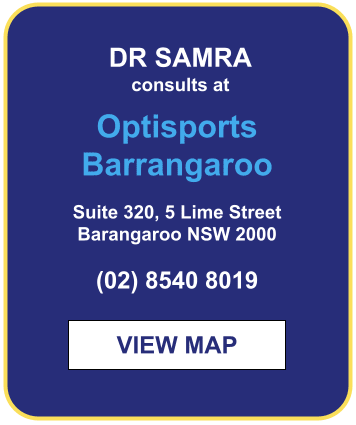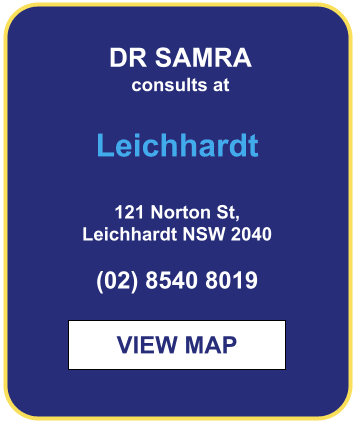Concussion
What is a Concussion?
A concussion is a transient disturbance in neurological function following direct or indirect trauma. The force causes a biochemical imbalance within the brain cells, resulting in decreased blood flow and temporary energy deficits within the brain. Symptoms may include loss of consciousness, headache, pressure in the head, neck pain, nausea or vomiting, dizziness, or balance problems, among others.
You don’t have to be “knocked out” to have a concussion. Even a blow to the body that results in impulse being transferred and simply shakes the brain inside the skull, can cause a concussion.
It is more of a “software” rather than a “hardware” problem since we do not see any damage on imaging. It’s much like dropping your laptop and having a temporarily slow computer- which can re-boot and recover quickly or slowly.
Concussion Treatment
In conjunction with CCMI, we offer concussion treatment services & strategies including:
- Exertional testing for return-to-sport readiness and sub-symptom threshold exercise programs for persistent symptoms
- Vestibular, oculomotor, and cervical spine rehabilitation
- Balance, reaction time, visual processing, and neurocognitive testing (pre-season baseline and/or post-injury/return to sport testing)
- Educational resources
During the early stage following injury, a period of relative symptom limited physical and cognitive rest is recommended. Research suggests 24 to 48 hours, however, these decisions are made on a case-by-case basis.
Following a short period of rest, the International Consensus Statement on Concussion in Sport (2016) recommends a gradual increase in mental and physical activity by a licensed healthcare practitioner trained in concussion management.
The assessment should involve an experienced clinician to carefully check the multiple domains of brain function that can be affected. There are different “phenotypes” of concussion, with certain clusters of symptoms occurring together. For example, some patients have more headache-related symptoms, while others have more emotion-related symptoms.
Recovery of symptoms occurs within 2 weeks in the vast majority of cases, but a medical review is prudent in providing guidance to return to work, school or play.
There are often multiple contributors to symptoms after concussion including neck stiffness and referred headaches, effects on the balance centres, effects of rest from exercise or activity. There is now evidence to suggest that carefully guided return to exercise that does not increase symptoms can improve recovery, even in patients with persisting symptoms.
Those who may have a more prolonged recovery, may require more careful guidance, including:
- Children- who have a developing brain
- People who have more widespread and severe symptoms initially
- People with a history of migraine, mood disturbance or learning impairment
- People with multiple previous concussions
Why is Concussion management important?
There is an increasing body of evidence of the potential future consequences of concussion. It is also important for a medical professional to rule out a more significant traumatic or structural brain injury.
A poorly managed concussion can result in longer-lasting symptoms including headaches and fatigue that can, in some cases, persist for months and even years (Post Concussion Syndrome).
Pre-Season Screening
Multimodal pre-season testing is a series of physical and cognitive tests that provides a pre-injury overview of healthy brain function. These tests can offer healthcare practitioners with an objective benchmark on which to compare should a patient sustain a concussion. It’s important to remember that not all baseline testing is created equal. CCMI has selected the best evidence-based tools available to provide you with comprehensive, multimodal, proven baseline-testing.
As concussion symptoms often disappear days to weeks before the brain has recovered, having valuable baseline information may help practitioners to make safer return to play decisions.
Contact us
to learn more about baseline testing to see if it’s right for you.
The CCMI Concussion Tracker smartphone app supports safer return-to-sport decisions for young athletes. The app captures and shares an athletes’ concussion status in real time.
Where a concussion hits, Concussion Tracker enables an athlete’s stakeholders to:
- Report and track concussion
- Conduct side line assessments
- Ensure seamless communication
- Record athlete’s recovery status and timeline
- Scan and share medical documents
- Track daily symptoms for recovery progress
- Store and view pre-season concussion test results
What is the best management of concussion?
All cases of concussion should be assessed by a medical professional. Our doctors are experts in determining the need for further investigations and the safe rate of return to physical activity, work and school.
A CCMI accredited Sport and Exercise Physician and Physiotherapy team can use an individualised, multi-modal approach to treat the specific problems associated with a concussion
The management of concussion is enhanced if we have a baseline reading of your neurological function on file which is why we encourage all participants in high impact collision sports to have baseline screening with us at the start of the season.
Children and adolescents have a more fragile, developing brain and expert consensus is that a longer period of rest from contact or collision sports is recommended.
Where can I find more information on concussion?
There is an excellent Australian concussion resource available for athletes, parents, coaches and doctors available at Concussion in Sport Australia.
Also refer to the latest International Consensus Guidelines for management of concussion.
CCMI Free Educational Resources
When a concussion hits, the more knowledge the better. CCMI’s free educational resources will help to increase your concussion management awareness. Download your free handbook today!
Downloads available include:
- Concussion Handbook
- Concussion Code of Conduct
- Implementation Guide
- Educational infographics
- Concussion FAQs


